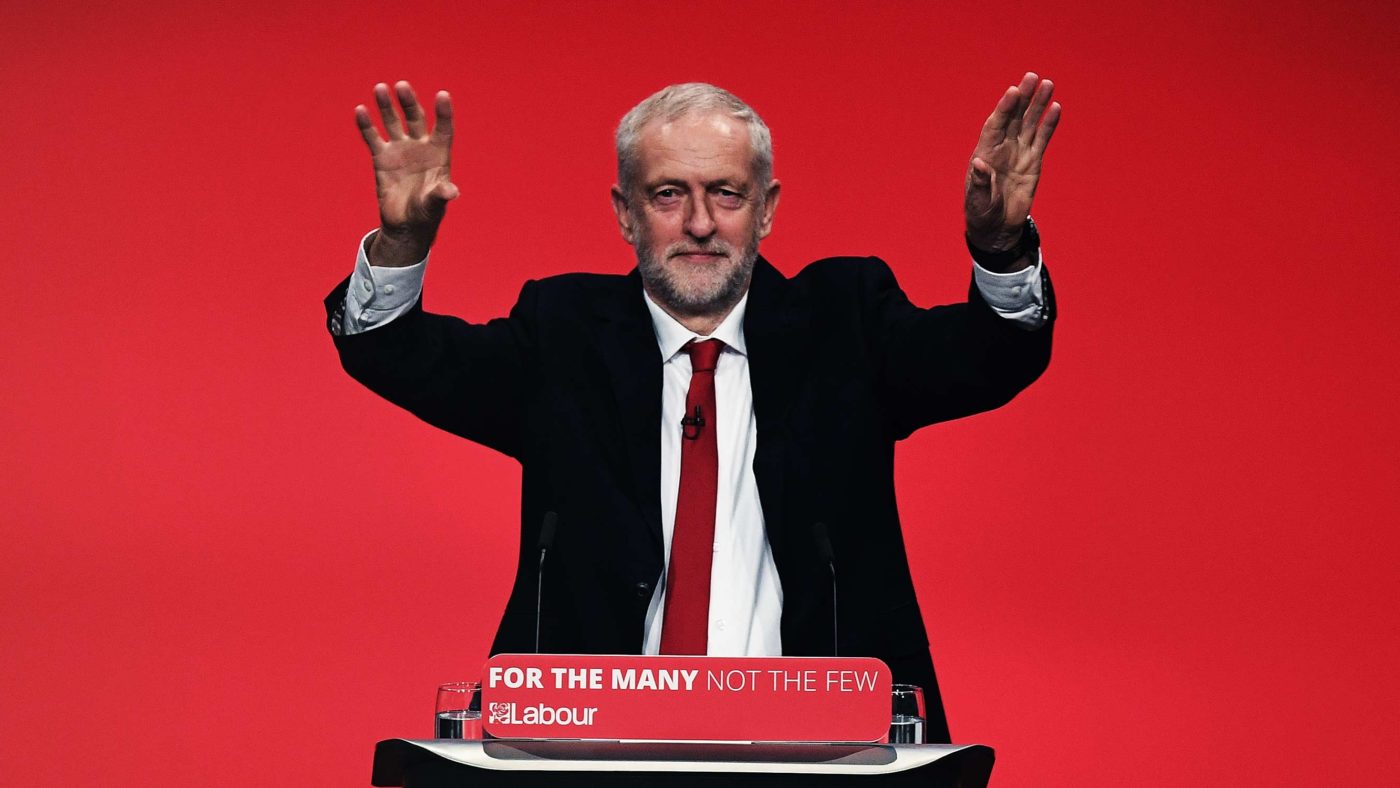Since joining Parliament, I have been invited to over 1,000 events/think tank meetings/APPGs to discuss policies and “a way forward for the Conservative Party”. So why co-chair another? I hear you ask. The simple answer is (as with most things), now is the right time and place for us to champion classical liberalism within the Conservative Party and across the UK.
The old tenets of liberalism: free markets, individual freedom, accountability and justice are being challenged in a way they have not been for a generation. The accepted political centre-ground, so readily adopted by New Labour, following the Conservatives, seemed to guarantee the evolution and progression of liberal values. However, this was before Jeremy Corbyn, Momentum and the SNP.
As the 2008 “Great Recession” hit markets, businesses and families around the globe, peoples’ faith in free markets and the associated policies – ie, liberal policy platforms – was rightly shaken. Successive governments had allowed free markets to become colluded oligopolies, facilitated the move to corporatism and turned a blind eye when regulations buckled under the strain of rapid change and technological development. These failures, combined with prolific social media, have helped stir the populism that currently stalks most of the West, whilst other parts of the world restrict the freedoms of their people in order to support authoritarian regimes.
Let’s be clear, there have been failures: sluggish growth, reduced social mobility and flat wages. The prosperity and progress of the baby-boomers has been replaced with escalating asset prices, rising wealth inequality and more dysfunctional markets. In addition, communities world-wide have fractured, with key cities benefiting from globalisation and investment whilst post-industrial towns and rural communities have been left behind. The impact of this is a dual-speed world where cities host companies such as Google, while some towns struggle to attract a Marks & Spencer.
Meanwhile, rural communities are desirable places to live, but require considerable commutes and suffer from weaker infrastructure and lower investment. The rural economy is disconnected as some of our first and best industries are shunned by young people who see industries such as agriculture as an “essential, but not desirable” career choice, understating the phenomenal role farmers and agriculture contribute to our society, and the fact that they are on the crest of the wave of automation and technological advancement.
These fault lines are evident in Britain, where disenchantment and seeming lack of opportunity to succeed or improve have manifested themselves in the nationalist SNP and a socialist Labour Party under Jeremy Corbyn. The problem here is not that socialism and nationalism challenge conservatives and liberal ideology – indeed, competition leads to better democracy. The problem is that these competing ideologies are not moving the debate on: Corbyn’s Labour party reaches back for 20th-century solutions of debt and nationalisation, whilst nationalism in its truest form tries to appeal to our basest instincts.
The UK is now a diverse and modern nation. We need ideas and policies to match the 21st Century. In the echo chamber that is Twitter and Facebook, we need to be able to create the space for debate that can lead to new ideas and more radical change. As identity politics soaks deeper into our national discourse, the need for values that transcend gender, ethnicity, sex, sexual orientation, background or any other personal attribute becomes all the more important.
This is why we have outlined our values, to re-boot liberalism for the 21st Century:
Free to aspire: empowering people with the skills they need to aim high and achieve their ambitions — and to embrace the coming opportunities of technological revolution.
Free to be: liberating individuals to be able to make their own choices, and live their lives as they wish — while recognising their responsibilities to others.
Free to create: celebrating the dynamism and progress that free markets, enterprise, and competition bring — and challenging the monopolies and vested interests that frustrate this potential.
Free to decide: a sleeker state that prioritises the services we need most — while giving people greater freedom to succeed.
The Conservative Party does not exist just to not be Labour, or the SNP for that matter. We need values and ideas that provide a post-Brexit message that can resonate through every street and field of the United Kingdom.


